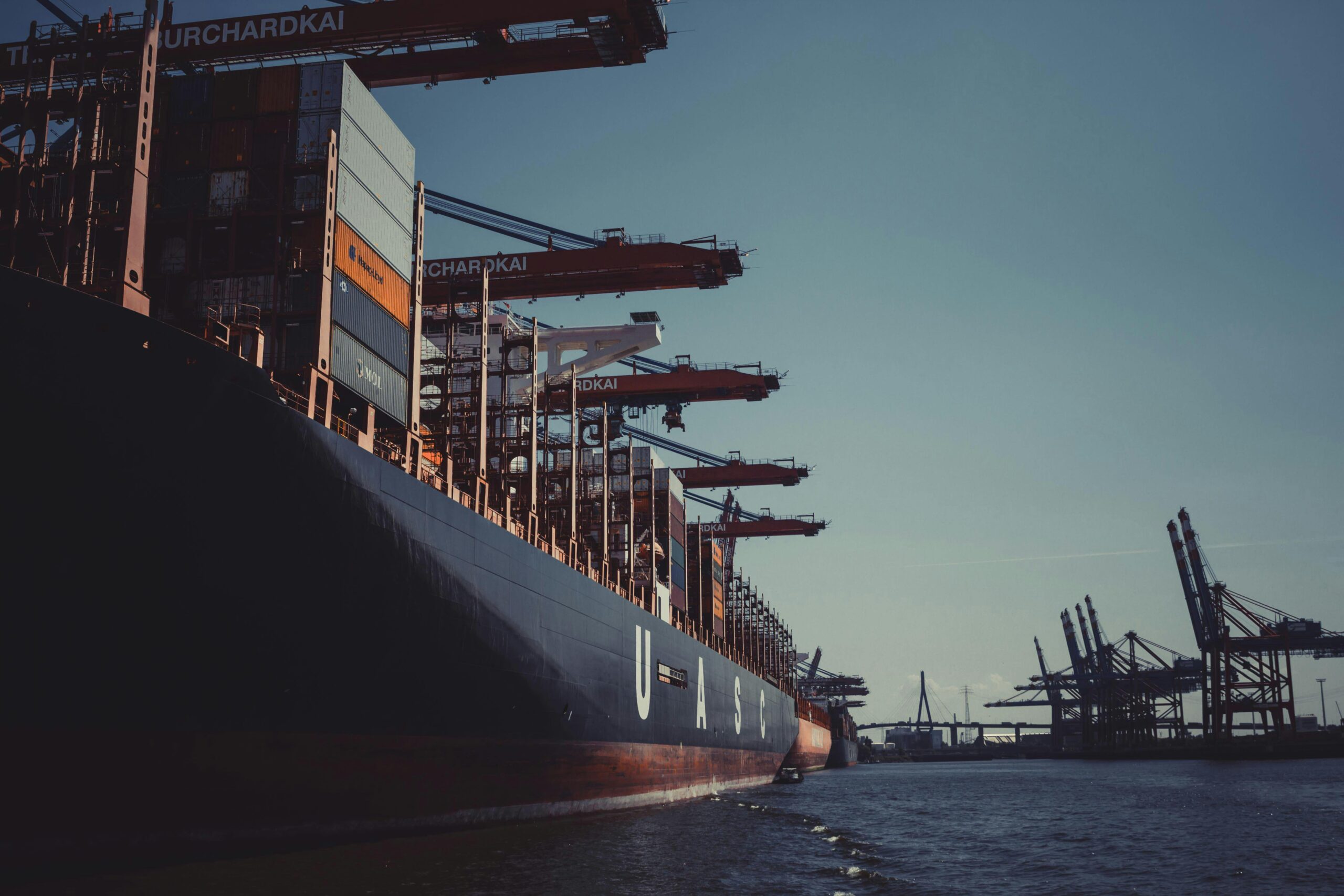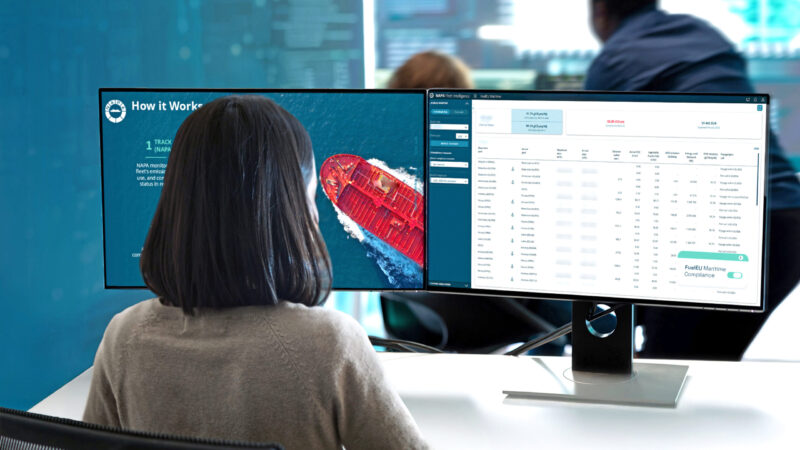November 7, 2025
Net-zero Framework delay puts even more focus on efficiency

While NAPA supports the IMO in getting its vital Net-Zero Framework right, the vote to delay these regulations for a year will make decarbonisation progress more challenging.
If global regulatory development breaks down further and the delay extends beyond 12-months, instead of one global framework, shipping could face a potential patchwork of regional emissions schemes with different compliance systems. Without the right support, this fragmentation would delay decision-making and keep current uncertainties around monitoring and reporting unresolved for the people working in shipping.
This comes at a time when, across the maritime industry, seafarers and shoreside staff are shouldering new responsibilities, as well as navigating a fast changing technological and regulatory maze, as decarbonisation efforts intensify. The key here will be data management and integration. Whether it’s propulsion systems, voyage planning, onboard workflow, or design processes, the future of ship operations will favor solutions that connect data, technology and people seamlessly. Any regulation or technology that compounds the industry’s fragmentation will only add to the workload challenge, rather than help operators, seafarers and shoreside staff to support compliance and safe operations.
The IMO’s decision does create more certainty that existing regional regulations like FuelEU Maritime and the EU Emissions Trading System (EU ETS) will remain front and centre for longer. There will be renewed focus on FuelEU Maritime surplus (overcompliance) markets because companies that were waiting and monitoring how the regulations would fit with the IMO Net-Zero Framework will likely now commit. Now it’s clear again that performance within FuelEU Maritime, for example, will be a key driver of commercial competitive advantage.

As well as adding to seafarer and shoreside crews’ emissions reporting responsibilities, FuelEU Maritime has teeth and is already starting to bite bottom lines. Penalties are robustly enforced and, at €2,400 per ton VLSFO energy equivalent, they are high enough to encourage investment in alternative green fuels. With renewable fuel energy density, availability and cost in mind – this can, in turn, increase demand for efficiency technologies.
Navigating this regulatory maze is imperative, but the reality is, many technologies already make commercial sense right now. Installations of wind propulsion have doubled over the past two years, reflecting how operators now see this as a financially viable solution, regardless of the Net-Zero Framework, and not an experiment.
FuelEU Maritime also specifically supports the use of wind-assisted propulsion systems (WAPS), offering a wind reward factor. These WAPS – such as kites, rigid sails, suction or rotor sails – must go hand-in-hand with voyage optimization and weather routing to realize their savings potential.
Voyage optimization is another example. What was once a ‘nice to have’ is now a boardroom priority, because the savings on fuel and emissions directly impact competitiveness. A joint simulation project between NAPA, Norsepower, and Sumitomo Heavy Industries Marine & Engineering, for example, has validated the emissions reduction potential of combining wind propulsion with voyage optimization. The study has confirmed that the combination can deliver up to 28% emissions reductions on average. Even if these fuel and emissions savings are slightly less important for IMO compliance in the immediate term, commercially they cannot be overlooked.
While the decision to delay the IMO Net-Zero Framework may create some short-term slow down, it is important to remember that the vote has only paused implementation for now – not cancelled it entirely. In the run up to the October 2025 MEPC session, the industry frequently discussed how the framework could enhance the value proposition for decarbonisation solutions, including digital and clean technologies. All this thinking still applies, just in the slightly longer-term than was initially believed. Those who invest in decarbonisation today, are still highly likely to gain an advantage by moving earlier than their competitors.
